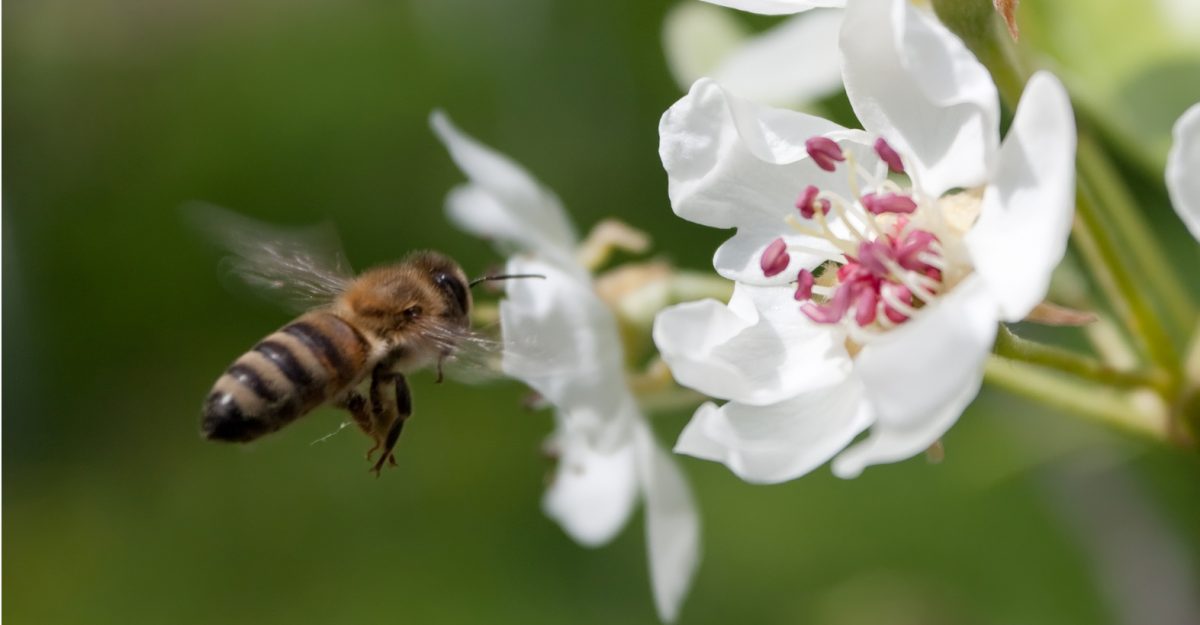Plant & Food Research will be leading a national team of researchers looking at native honey composition and the characteristics that appeal most to consumers, thanks to new funding from the High-Value Nutrition National Science Challenge.
The new two-year project focuses on prominent native monofloral (single flower nectar) honey – predominantly from kānuka, rata, rewarewa and kamahi – produced by Te Pumautanga o Te Arawa (TPT) beekeeping activities on Department of Conservation areas in the Rotorua region.
The project will analyse examples of honeys from across the TPT’s different geographical regions to search for specific chemical signatures and potential unique biomarkers. It will also determine the consistency and flavours of honey that consumers prefer and consumer perceptions of Māori values and provenance.
“Honey and honey-related products account for more than $400 million of New Zealand’s export earnings each year,” says project co-lead Aaron McCallion from Waka Digital.
“Mānuka honey is the primary honey export, valued for its unique bioactive properties. However, we believe that other native species may also produce honey with great taste and bioactives that will also appeal to consumers.”
Dr John van Klink, project co-lead from Plant & Food Research, said mānuka honey has scientifically-validated bioactive properties that will command premium prices.
“In this project we will analyse different monofloral honeys with the aim of identifying scientifically-validated factors that will differentiate some of our other important, but lesser-known, native honeys.”
Combined with advanced consumer insights, the new knowledge gleaned from the project will provide further awareness of the unique properties and consumer value of our lesser-known honeys, and support the development of new monofloral honeys.
Joanne Todd, Challenge Director, says the investment of over $980,000 from the High-Value Nutrition National Science Challenge fits well with the challenge’s objective of supporting industries with their growth aspirations through the application of science.
The project brings together a multidisciplinary team of experts and scientists from Te Arawa and other iwi/hapu entities, Plant & Food Research, AgResearch, Massey University and Apiculture NZ to employ a collaborative bicultural approach.
The High-Value Nutrition Challenge is a mission-led programme of innovative research into the health attributes of New Zealand-produced foods for our major export markets.
One of the 11 National Science Challenges, it has $45 million of funding for 2019 – 2024.
Source: Plant & Food Research












